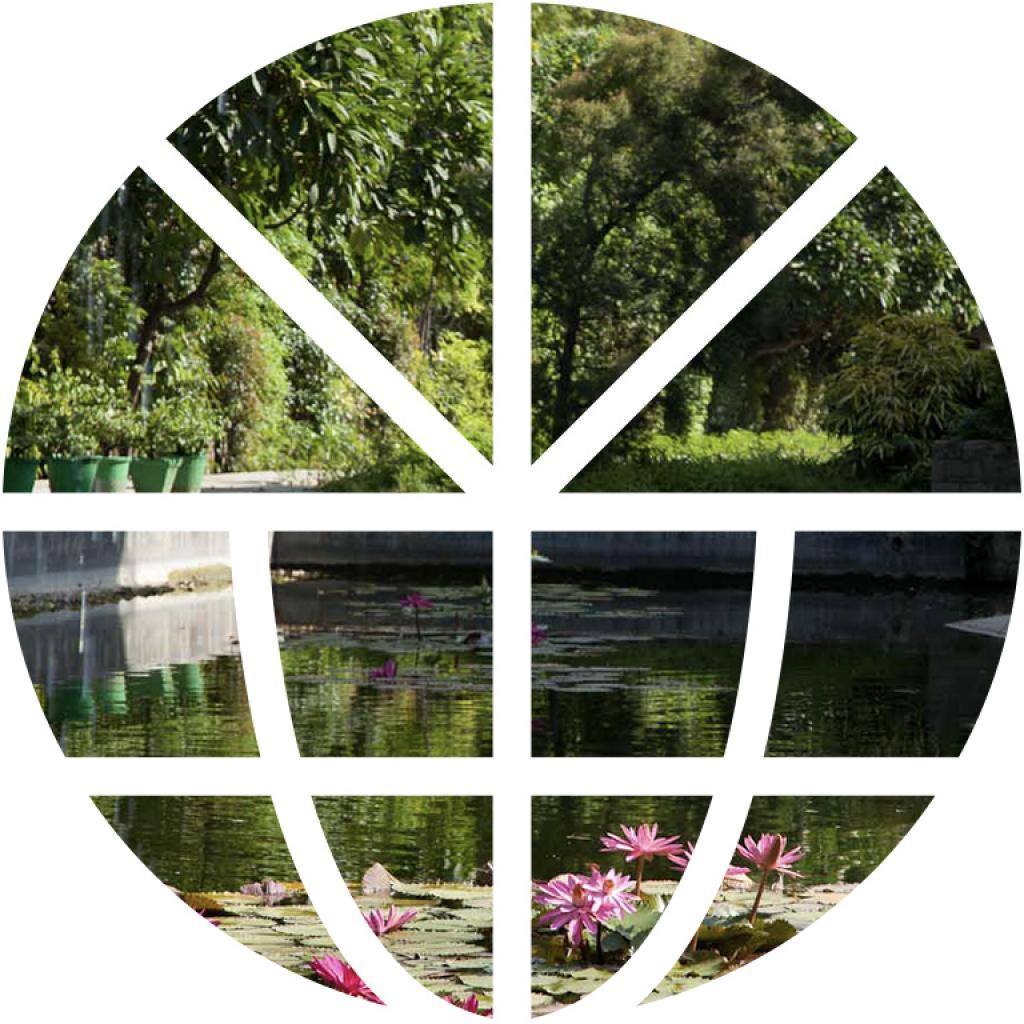Rite of Spring (Le Sacre du Printemps)
Imagined Landscape: Myth and Memory in Early Kashmir
Governance issues in Publc Enterprises: An Approach to Reforms
Key Note Address - Shri S.K. Roongta, Former Chairman & Managing Director, SAIL & Chairman Experts Panel on CPSE Reforms
Chair: Shri Arun Maira, Member, Planning Commission, Govt. of India
Introduction: Shri Prabhat Kumar, former Cabinet Secretary
G.P. and the Sri Lankan Imbroglio
Speakers; Smt Meera Shankar, formerly Deputy Secretary, MEA, dealing with Sri Lanka and former Indian Ambassador to Germany and the USA; Shri N. Ram, former Editor-in-Chief, The Hindu; and Shri N.N. Jha, former Indian High Commissioner to Sri Lanka
Chair : Shri Shurbir Chhatwal, former Indian High Commissioner to Sri Lanka
Hai Akhtari: Remembering Begum Akhtar
What is Your Bhasha?
Panelists: Dr. Shobha Satynath, Associate Professor, Dept. of Linguistics, Arts Faculty, University of Delhi; Shri Subir Shukla, Principal Coordinator, IGNUS-ERG who works on improving quality of education systems; and Shri Amit Kaushik, Educational administrator
Moderator: Smt Sharada Jain, Researcher & trainer, Director, Sandhan
Organised as part of Jumpstart: Speaking in Tongues 2013. The discussion will focus on language learning among children and the role that literature does and can play in the process

